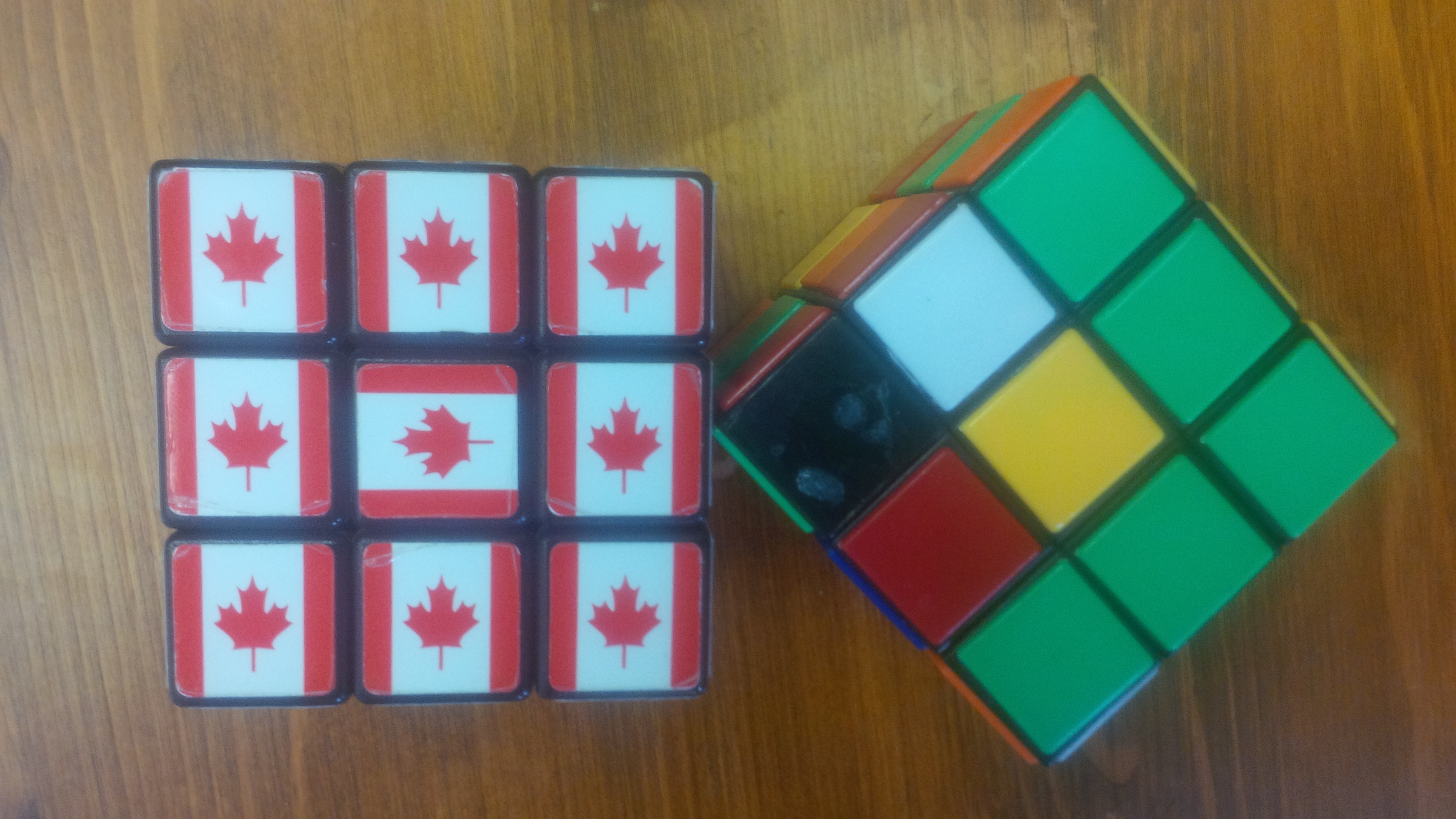Last week I spent a few days in the city of Edmonton to attend the final gathering of Canada’s Truth and Reconciliation Commission. I had attended a previous gathering in Montreal a year ago and for almost two years I have sat on a committee that has been discussing how to bring the issues that the TRC presents to greater level of prominence within the local Mennonite constituency.
Having attended one gathering already, I sort of knew what to expect. The various kinds of smoke have the capacity to overwhelm the senses; grass, paper, tobacco and animal oils are burned as part of spiritual, ritual and social gatherings. A variety of music and dance that is unfamiliar to most will quickly become normal, as the drumbeats, the shouts and the harmonies continually emanate from some room, somewhere in the building. The TRC is also a very colourful event. Flags and banners are waved, beaded clothing, jewelry and cultural artifacts are displayed, sold and proudly worn throughout the building.
Another thing that is sadly familiar is the ongoing narrative of residential school abuse, of teachers, priests and nuns, friends, fellow students, who over-stepped the authority given to them. Stories of excessive punishment, systemic degradation, and wanton sexual predatory behaviour can and should never become ordinary, but this is what a person needs to be ready for if they are going to attend a Truth and Reconciliation Commission hearing in Canada. Naturally I heard some of these stories. People talked about their trauma, of the pain it caused, and the various ways that they tried to mask and otherwise deal with that pain. I heard these stories, but not as many as other people heard.
The event was set up so that different gathering were happening in different places at the same time. Based on what other people told me, I’m sure I missed the heavier stories. I got to hear stories about how the various systems, governmental, societal, religious, had failed the First Nations people. I got to hear these stories from a position of weakness in Montreal too, but what I was excited to see this time were stories of strength.
I know lots of people that want to hear these stories of strength. I know of people in and out of the First Nations community whose desire to hear stories of strength pushes them away from the weakness that is shared at the TRC. But all around me I saw and I heard stories of strength.
I heard stories of promises made to newborn children, that they would inherit equality, not the fight to earn it. I heard of promises people made to themselves that the cycles of violence, addiction and despair would end with them. I heard about the power of rediscovering cultural identity and cultural pride. I saw children hugging their mothers. I learned a new word, “aunties,” that First Nations people use to describe any woman in their community who has participated or continues to participate in their upbringing.
First Nations people often complain that they are only in the news if they are suffering or protesting. At this year’s TRC, I saw evidence of strong communities, strong families and strong national networks.
Moving forward, there will still need to be more reconciliation. It shouldn’t take an event like this for well-intentioned neighbours like myself to hear and see this strength. We, as dominant settler Canadian culture, need to remove the walls of division in our minds, so that when these stories are told, we will have ears to hear them.

Leave a Reply